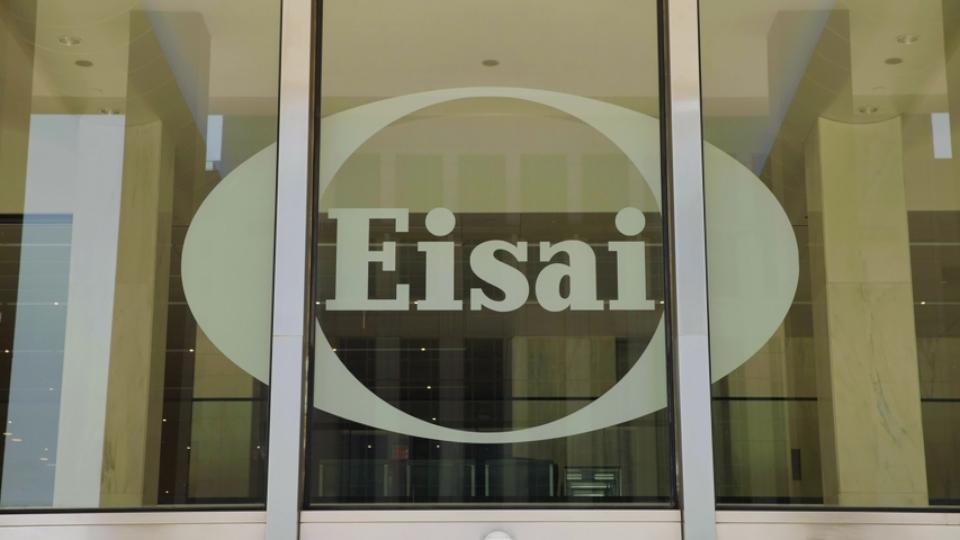Eisai sets Leqembi price in Japan at a discount to US

Eisai and Biogen’s Alzheimer’s disease therapy Leqembi is due to be launched in Japan, its second market, on 20th December, and will be priced quite a lot lower there than in the US.
The anti-amyloid antibody has been included in the Japan National Health Insurance (NHI) Drug Price List at just under JPY 3 million (around $20,500) per patient per year, whereas in the US its list price before discounts or rebates was set at $26,500.
That is likely to focus attention once again on its US price, which has attracted criticism from lawmakers - including Senator Bernie Sanders (I-Vt), who has claimed it will place a substantial financial burden on Medicare and increase premiums for seniors. In May, US drug cost-effectiveness organisation ICER said a fair price for the drug would be between $8,900 and $21,500 per year.
Leqembi (lecanemab) was cleared for marketing in Japan, its first ex-US market, in September as a treatment for mild cognitive impairment (MCI) and mild dementia due to Alzheimer’s. It has also been filed in Europe with a decision due in the coming weeks.
Japan is a key world market for Leqembi, thanks to its ageing population, with around 37 million people expected to be over 65 by 2030. More than 4.5 million people in Japan are believed to have dementia caused by Alzheimer’s, compared to 6.5 million in the US, and this number is expected to rise significantly as the population ages.
The setting of the NHI price for the drug, along with the agreement on how it should be used clinically at a general meeting of the Central Social Insurance Medical Council, an advisory body of the Japanese Ministry of Heath, Labour and Welfare (MHLW), clears the way for it commercial use to treat patients.
As a condition of approval, Eisai has agreed to conduct a post-marketing study that will monitor all patients treated with Leqembi until a certain number of cases are accumulated.
In Japan, Eisai and Biogen Japan will co-promote Leqembi, with Eisai distributing the product as the marketing authorisation holder (MAH). In the US – where the drug was granted accelerated approval by the FDA in January and a full approval in July, unlocking reimbursement for use beyond clinical trials for the first time – the two companies have a 50:50 profit-sharing arrangement.
Medicare announced shortly after the approval that it would provide the antibody treatment for patients enrolled in the insurance programme for seniors, with certain restrictions including participation in a registry programme.
Leqembi is Biogen and Eisai’s second Alzheimer’s drug after their aborted first effort Aduhelm (aducanumab). That secured accelerated FDA approval in 2021, but never gained any momentum in the marketplace due to scepticism around its data and restriction to patients in clinical trials.
“I am keenly aware of the weight of our responsibility moving forward as we launch Leqembi, the world’s first anti-amyloid Alzheimer’s disease treatment shown to slow the progress of the disease, in Japan, where Eisai’s value creation has started,” commented Haruo Naito, Eisai’s chief executive.
“The establishment of an optimal and fast Alzheimer’s disease diagnosis and treatment pathway for patients is a top priority,” he added, noting that will require “close collaboration among the government, dementia specialists, primary care physicians, radiologists, pharmacists, nurses, clinical psychologists, radiology staff, medical office personnel, and caregivers.”
Eisai has predicted that peak sales for the drug in Japan could be around $675 million, according to a Reuters report, which said Eisai is hoping to have 4,000 to 5,000 patients on the drug in Japan during fiscal 2024.
It recorded around $3 million in sales for Leqembi in the third quarter in the US, but thinks that could swell to nearly $67 million by the end of this current financial year in March 2024, with around 10,000 US patients on the drug.













